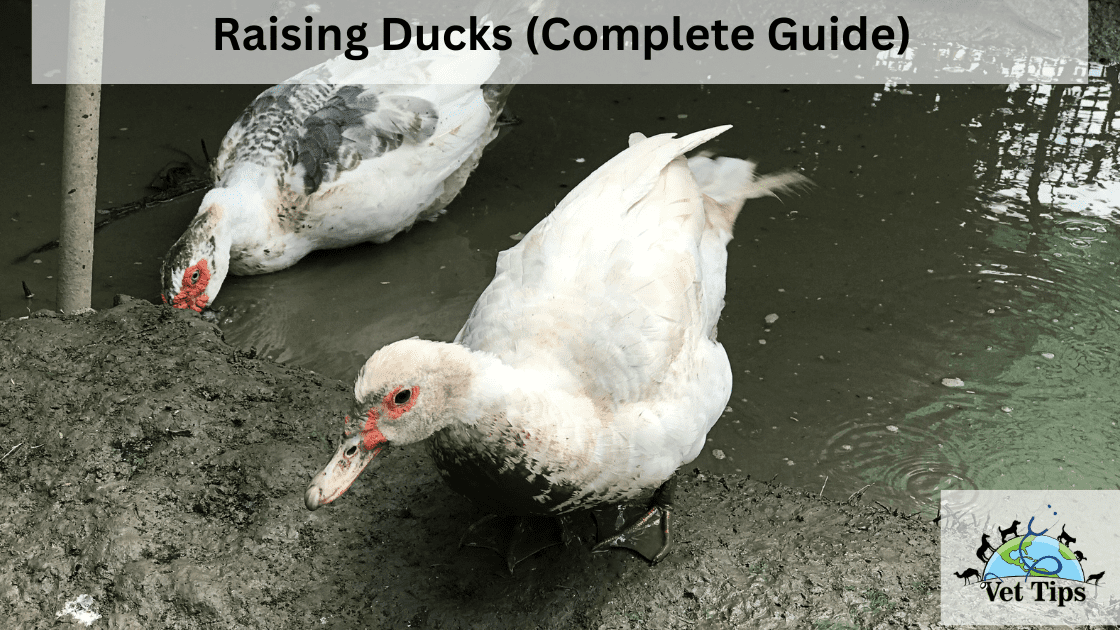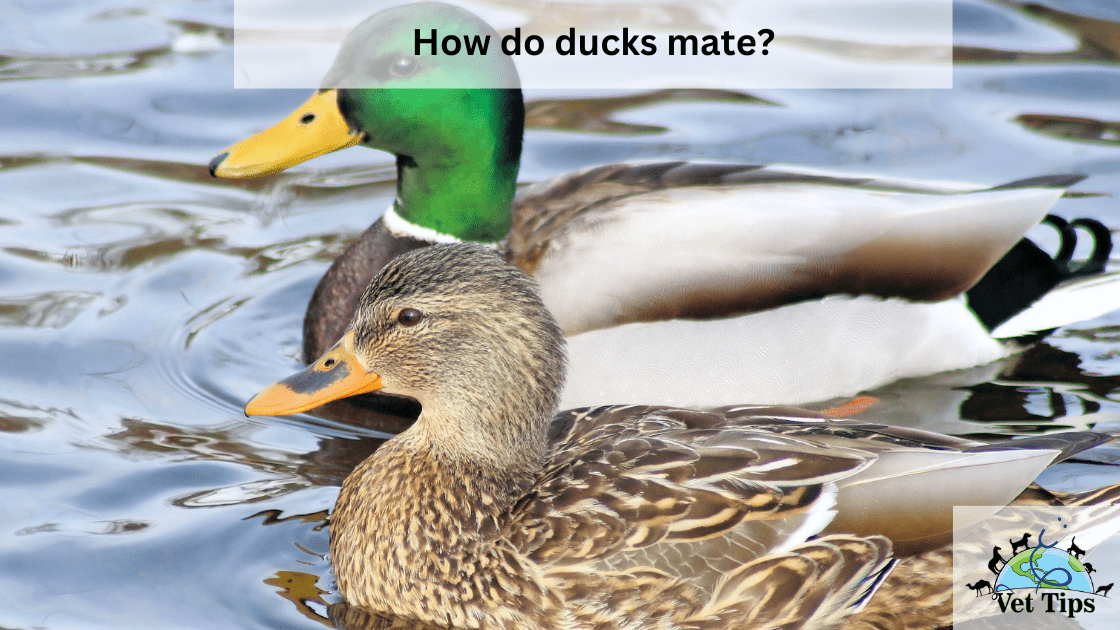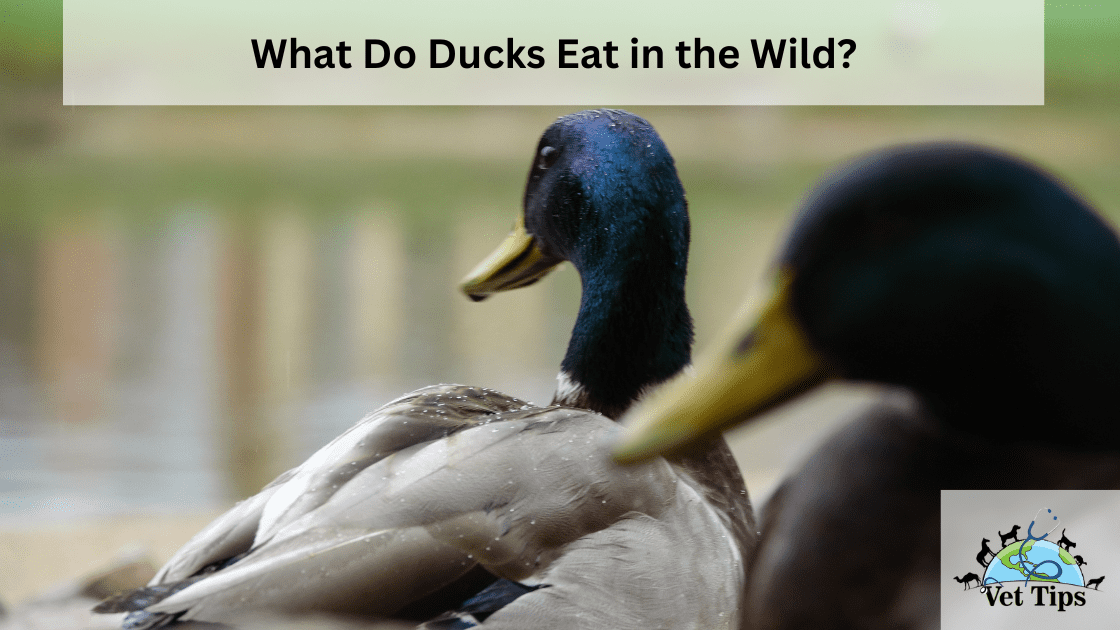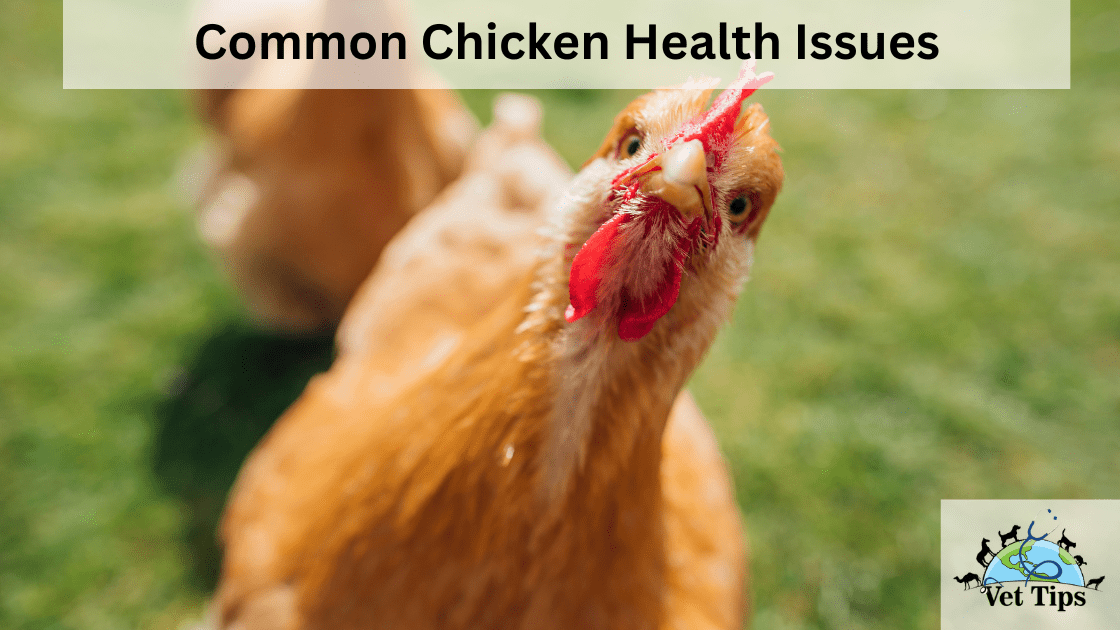Raising ducks is a fascinating hobby that can make a wonderful addition to any farm or garden, and ducks are some of the cutest birds around. Raising ducks may be a gratifying experience for a number of reasons: their cute quacks, their entertaining waddles, and the delicious eggs they produce are just a few of those reasons. In this Raising Ducks (Complete Guide), we will investigate the ins and outs of duck rearing, covering everything from choosing the appropriate duck breed to constructing an appropriate environment and insuring the ducks’ optimum health and well-being.
History
The practice of duck farming is becoming increasingly popular. Ducks are wonderful pets due to their individual personalities as well as the fact that they lay bigger, more nutritious eggs than other breeds. Ducklings are very easy to care for since they are observant and typically self-sufficient in their early development. As foraging animals, ducks are excellent at eliminating any pests that are crawling, wiggling, or flying around in your yard, according to the ASPCA. A personal ninja who can grab mosquitoes and wasps in mid-flight before they can land would be a dream comes true for any person.
Choosing the Right Duck Breed
It is essential to choose a breed of duck that is compatible with your objectives and the environment in which you will be keeping them before beginning the process of keeping ducks. The numerous varieties of duck each have their own unique features, such as size, temperament, the number of eggs they can lay, and their ability to adjust to different climates. Pekin, Rouen, and Khaki Campbell ducks are three well-known breeds that are great for novice owners and come in a variety of colors.
Preparing the Habitat
It is essential to the health and happiness of your ducks that you provide an environment that is appropriate for them. Ducks require a large space in which to wander free as well as access to clean water in which to swim and eat. Ducks would benefit greatly from being able to roam freely and engage in their natural activities if they had access to a fenced-in outdoor space or a pond. In addition, it is important to provide adequate cover for the ducks, such as a duck coop or a solid duck house, so that they are shielded from both potential predators and adverse weather conditions.
Feeding and Nutrition
A meal that is rich in nutrients is essential for the normal development and growth of ducklings. Ducks are omnivores and have varied nutritional requirements due to this trait. A diet that is considered to be nutritionally sound for ducks would often include elements such as grains, vegetables, insects, and commercial duck feed. Due to the fact that ducks require water for digestion as well as to keep their bills and eyes clean, it is essential to always offer clean water for them.
Role of Feed
There are several different feeding choices for raising ducks; the most common of which being chick (en) starter and chick (en) feed. The distinction between medicated and non-medicated feed is a divisive topic in the livestock industry. Ducks eat far more food than chickens. The ducks self-poison after ingesting the medication, which serves as the strongest case in opposition to medicated food. Aside from the fact that it is necessary for treatment, the most important reason for medicated feed is that it is dependent on the medicine and how it affects your unique duck. Don’t forget to bring some duck snacks with you. The use of treats is an excellent method to keep your feathered buddy content.
For ducks in my area, Purina Flock Raiser is the only one on the market that states it’s for ducks, and it’s created with natural ingredients, probiotics, and prebiotics, rather than being medicated. I chose it since it stated that it was intended for ducks.
Duck Diet
Ducks like a wide variety of foods, including algae, clovers, dandelions, garden weeds, worms, crickets, potato and tomato bugs, fruits and vegetables, and a variety of other things. Because ducks lack teeth, you’ll want to make certain that it’s fully cooked before serving it. Everything from dandelions to weeds to fruits and vegetables to just about anything else that is too large for the ducks would have to be cut up into digestible pieces. They are, nevertheless, capable of devouring some really huge frogs and newts.
Handling and feeding your duckling by hand is the quickest and most effective method of becoming friends with your duckling. Each duck has a particular personality that distinguishes it from the others. Raising ducks and watching them grow, learn, and play as you take care of them is a wonderful experience that you will never forget. When a duckling that you are caring for comes up to you, waggles its tail, and then honks at you, you know you’ve found a new friend.
Role of Water in Raising Ducks (Complete Guide)
When it comes to ducks, the most important thing they require is water. Despite the fact that seeing ducks swim is one of the most pleasurable elements of duck raising, they are not required to swim in order to be happy. In order to be properly cared for, your ducklings will want a sufficient amount of water to dip their heads into. Dripping their heads into water, ducks clean the inside of their beaks and noses. Drinking clean water will help them swallow and digest their meals more effectively.
Breeding and Incubation
It is imperative that you have a fundamental grasp of breeding and incubation if you plan on increasing the size of your existing flock or hatching your own ducklings. Ducks are extremely productive hens when it comes to laying eggs, and the amount of ducklings they can produce in a year is directly related to the breed. The provision of appropriate nesting boxes and the maintenance of ideal incubation conditions, including the regulation of temperature and humidity, are both absolutely necessary for the achievement of successful hatching.
Ducklings and Brooding
When your ducklings finally do hatch, they will require specialized care for the first several months of their lives. The process of brooding requires providing a warm and secure habitat for the ducklings so that they may develop normally. It is absolutely necessary to have a brooder box equipped with some kind of heat source, such as a heat lamp or a heating pad, in order to keep the temperature stable. In addition, it is essential for their healthy growth that you provide them with a balanced meal, clean water, and enough of room to move about in.
Training and Bonding with Ducks
The process of developing a relationship with your ducks may be quite gratifying. Ducks are smart creatures that can be educated to some degree if given the opportunity. Developing a trustworthy connection with your ducks may be facilitated by spending quality time with them, providing them with positive reinforcement, and utilizing goodies. It will be much simpler to care for and handle your ducks if you train them to come when they are called or to obey a few basic orders.
Harvesting Duck Products
Ducks, in addition to providing amusement with their presence, also provide useful items, such as eggs and meat, which may be harvested. The experience of gathering duck eggs and putting them to use in one’s kitchen or for hatching may be quite gratifying. If you intend to raise ducks for their flesh, it is imperative that you have a solid understanding of the age and weight requirements for butchering. To show respect for the ducks’ welfare and ensure their well-being, it is imperative that harvesting procedures be conducted in a compassionate manner.
More about Raising Ducks (Complete Guide)
Health and Veterinary Care
It is imperative that you keep your ducks’ health in good shape if you want to preserve their lifespan and overall well-being. The early detection of health problems and their subsequent treatment can be aided by taking preventative measures and engaging in regular surveillance. Even though ducks are typically resilient creatures, they are not immune to the myriad of illnesses, parasites, and infections that may affect other animals. It is vital to choose a well-respected avian doctor who specializes in ducks so that you may get advice from them on vaccines, deworming, and overall wellness.
Raising Ducks (Complete Guide) Advice:
Ducks want clean, fresh water at all times, but especially when they are feeding. If a duck consumes too much food before drinking water, its crop may swell and suffocate your youngster.
Despite the fact that ducks are foragers, they will pick up practically anything from the ground in order to try it.
Some ducklings grow and develop at a rapid pace. Prepare to increase the size of their living space. The size of the space varies from around 1/3 square foot per duck when they are just hatched to approximately 3 square feet per duck after a few weeks of growth and development. The typical need for each duck is 3 sq. ft. of internal space because, as a general rule, the wings of each duck must be able to fully expand when they are in flight.
It is recommended that each duck have 15 square feet of outdoor space.
Ducks are filthy creatures; therefore they make every effort to disperse water and food as far as possible among themselves. Their ability to maintain a clean environment is crucial to their continued survival.
Predators like as dogs, cats, and owls are the most common cause of duck death, with illness coming in second place. In order to guarantee that your duckling lives as long as possible, the most crucial parts of duckling care are to clean up after them on a regular basis and to confine them.
Because a pet duck is virtually totally dependent on its human companions, it is not recommended that you dump these birds in the wild and expect them to survive.
Conclusion: Raising Ducks (Complete Guide)
Raising ducks may be an interesting and satisfying hobby for people of all experience levels, from novices to seasoned aficionados. You can establish a thriving environment for your ducks by making sure they have access to a suitable habitat, appropriate nourishment, veterinary care, and by paying attention to their specific requirements. Don’t forget to select the appropriate breed that will help you achieve your objectives, provide a safe and pleasant environment for it, and provide it with a balanced food.
Always be sure to keep a careful eye on your ducks during the procedure, as they are able to convey their requirements via both their actions and their body language. You can quickly address any health concerns that may arise and guarantee the overall well-being of your ducks if you pay attention to detail and take preventative measures.
Tell us in the comments how you like our article, “Raising Ducks (Complete Guide)”.
For similar posts like this click here.
For the source file click here.





One thought on “Raising Ducks (Complete Guide)”